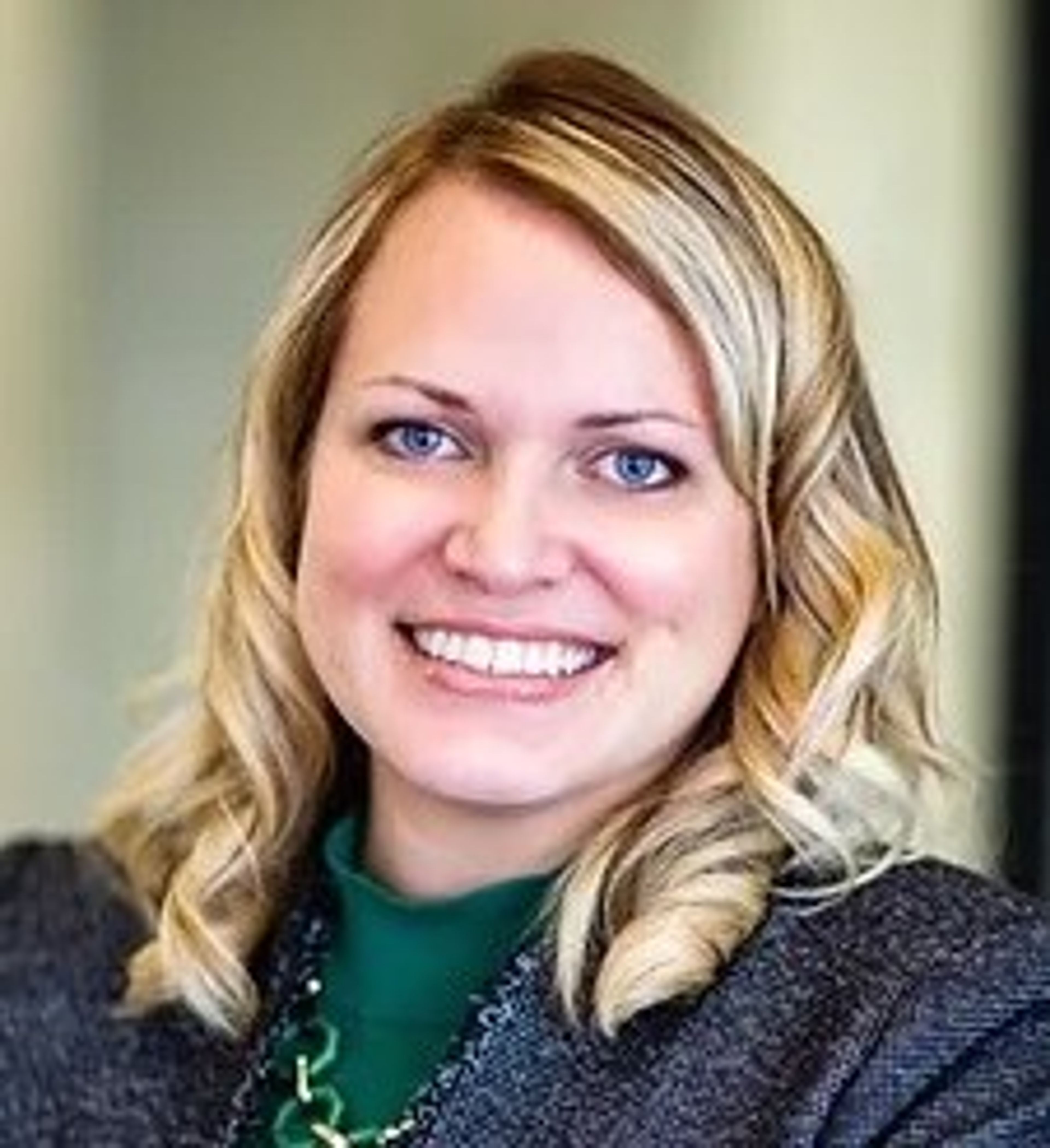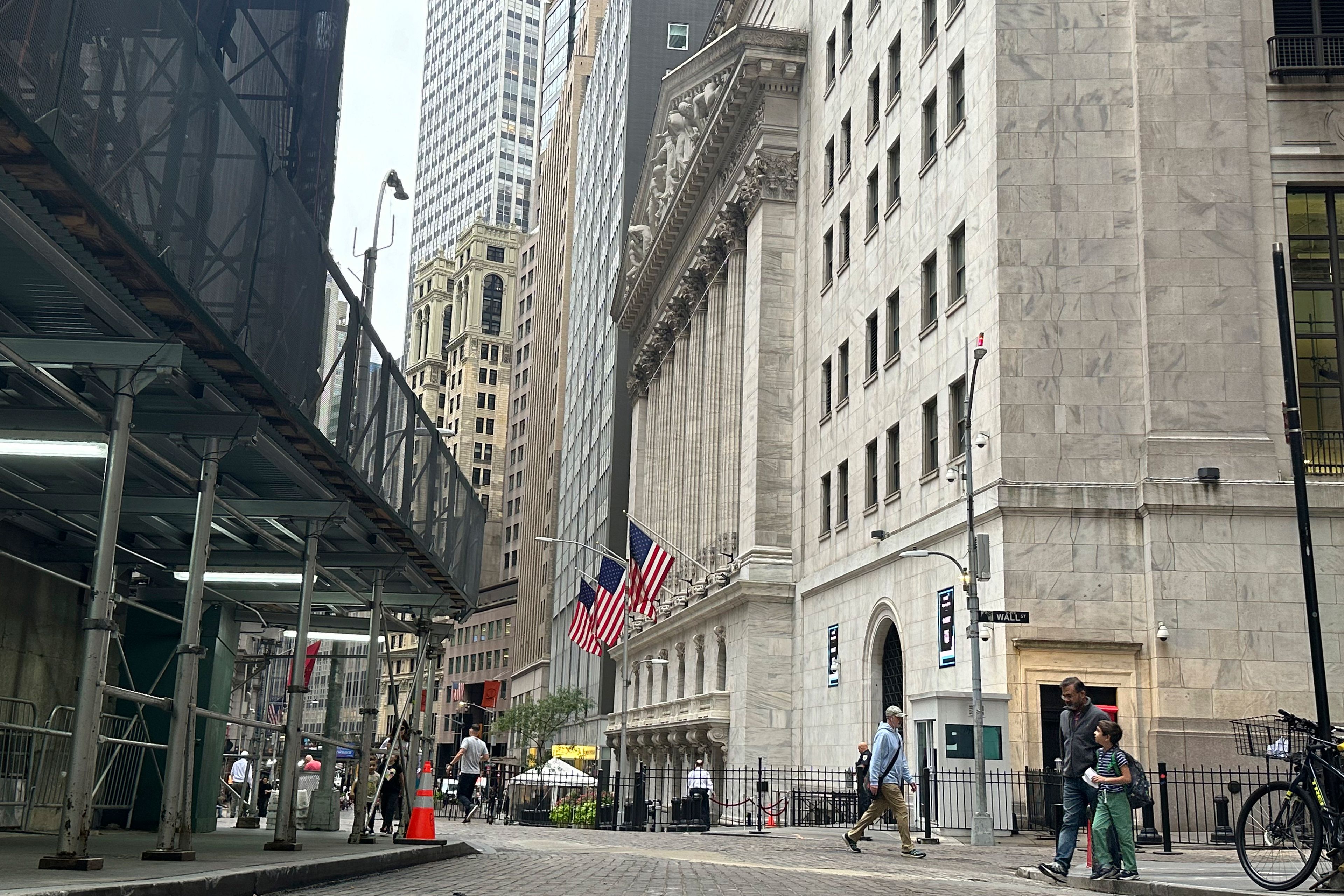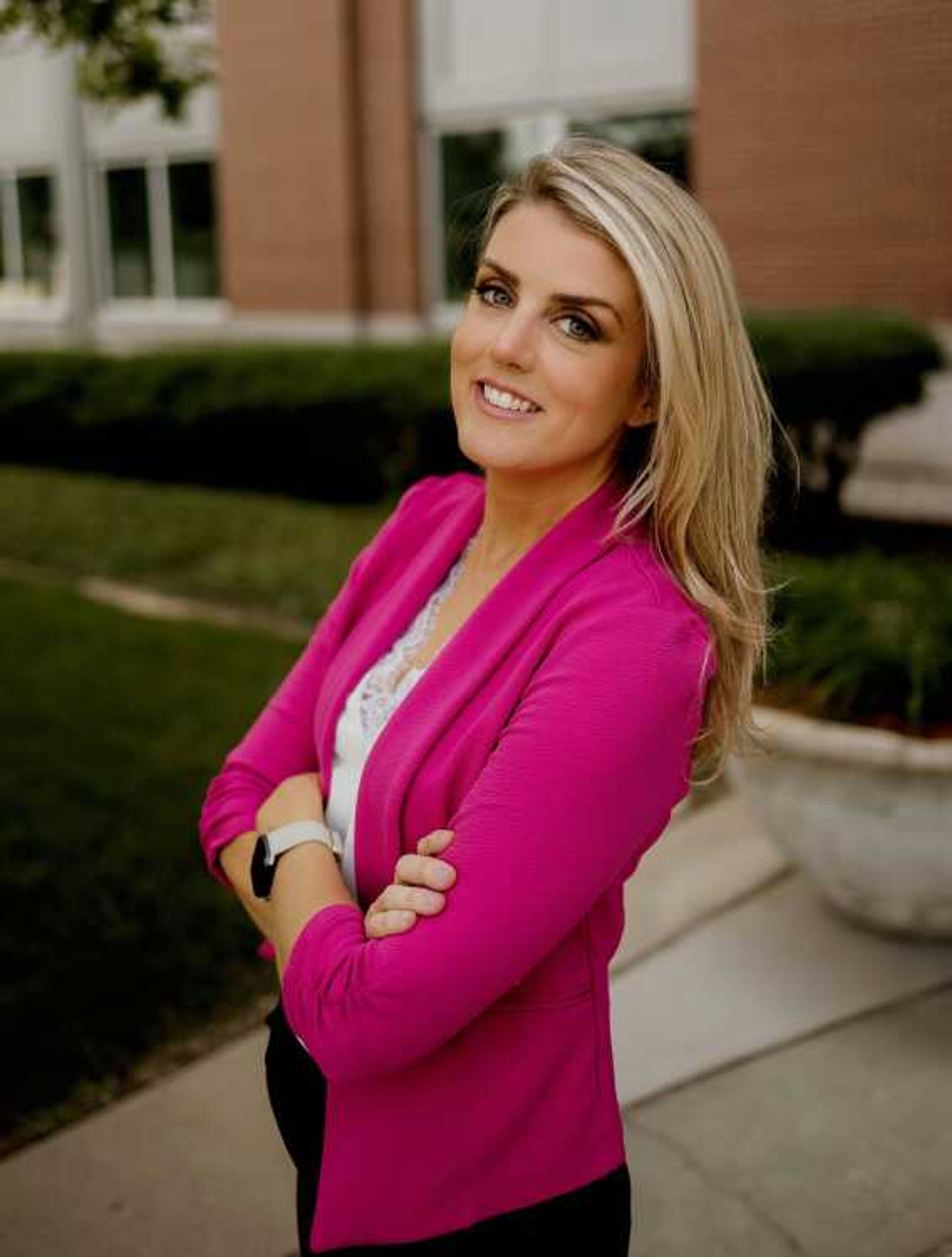NEW YORK -- Disillusioned by the accounting scandals that helped decimate stock prices, a growing number of investors are seeking comfort in mutual funds that match their religious values and offer respectable returns.
Religious-oriented funds screen out, or avoid investing in, companies whose products or services conflict with core values of religious faith. The number of religious-oriented funds has more than doubled in the last three years, from 16 in 1999 to 38 this year, according to information provider Thomson Wealth Management.
The funds' total assets jumped 21 percent to $4.42 billion, compared to 11 percent growth for the average fund, while returns have averaged a 0.5 percent annual loss since 1999. That's better than the average mutual fund loss of 5.9 percent.
Examples include the Ave Maria Catholic Values Fund, as well as the Mennonite MMA Praxis funds and the Dow Jones Islamic Index Fund.
"The troubling times of the last year have had the effect of forcing many Americans to confront the way in which they lead their lives," said Rusty Leonard, founder and CEO of Stewardship Partners Investment Counsel. "This soul searching has resulted in a new generation of religious investors."
A tiny movement
Still, religious investing remains a tiny movement, representing less than 1 percent of the $4.82 trillion in total assets for all mutual funds. Analysts say that's because religious-oriented funds have several disadvantages -- from unpredictable returns to sometimes uneven application of their investment criteria.
"You can't put in a screen for fraud, so I think investors shouldn't get a false sense of security that they're somehow safer," said Emily Hall, senior fund analyst for Morningstar.
She noted that religious-oriented funds can't offer any more protection from corporate abuses at companies such as Enron Corp. and Tyco International Ltd. than other funds can. "Most are still equity funds, and they're still going to be fairly risky," Hall said.
Indeed, returns have varied. While religious funds did better over a three-year span, they lagged for the one-year period ending Aug. 31 -- a 13.42 percent loss compared to a 10.13 percent loss for the average mutual fund.
Over five years, religious funds had an average 5.7 percent gain, compared to a 9.2 percent increase for the average fund.
Here's how they work: Religious funds are part of the broader category known as socially responsible funds, which screen their investments to meet core religious or social principles. The investment criteria can be found on fund Web sites and prospectuses.
For example, Catholic-oriented funds typically avoid health care and drug stocks for their connection to abortion and birth control.
Some funds have enjoyed good returns because they screened out companies offering same-sex employee benefits -- which were often found at Internet companies that went bankrupt for the unrelated reason of a softening economy.
"In the aggregate, you're not necessarily going to get a worse fund; however, you're not necessarily going to get a better fund either," Hall said.
Connect with the Southeast Missourian Newsroom:
For corrections to this story or other insights for the editor, click here. To submit a letter to the editor, click here. To learn about the Southeast Missourian’s AI Policy, click here.








